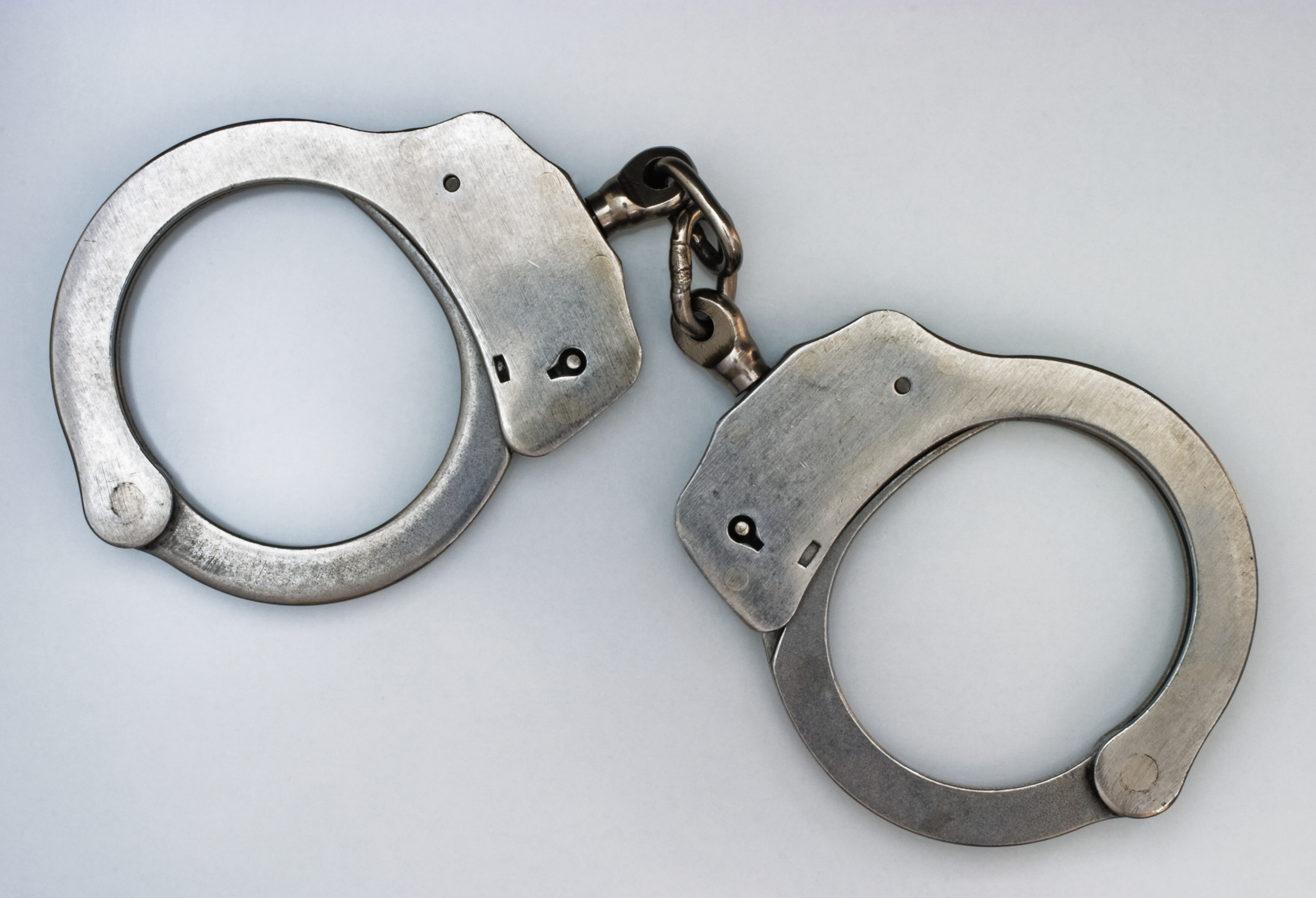NBC 7’s Amber Frias spoke with an epxert about the rise of stress, depression and drug and alcohol abuse around the holidays
It's that time of year, a time known for joy and celebrations.
But the harsh reality is that the holiday season places more stress on people, stress that can take a toll on one’s mental health.
“During the holidays it's stressful for everyone, whether you're an alcoholic or just a normal person but especially for those of us that are going to be around families that drink,” said Jeanne McAlister, founder and CEO of the McAlister Institute.
Mcalister knows it firsthand. For years she dealt with alcoholism and substance abuse.
Get top local stories in Southern California delivered to you every morning. Sign up for NBC LA's News Headlines newsletter.
“I came from a broken home at a time when broken homes were not popular or common and was a troubled teenager,” said McAlister.
Her addictions resulted in time spent behind bars. One day she realized she needed a change and found a recovery program.
Today she is 67 years sober and at 91-years-old runs the McAlister Institute, an organization that focuses on the prevention and treatment of addiction.
U.S. & World
News from around the country and around the globe
“As a result of my therapy and recovery I found that I love to work for people,” said McAlister.
While her holidays are no longer as difficult as they once were, her work reminds her of the challenges this time of year brings.
“You feel alone because everyone can drink and you're not able to drink,” said McAlister.
According to the institute’s medical director, James Dunford, drug and alcohol abuse increases during the holidays.
“We have all these terrific memories and expectations that are sometimes unrealistic,” said Dr. James Dunford. “You know, the ability to buy a nice gift for somebody or somebody feels like they have to spend more money than they have.”
Data from Syracuse University shows there is a 22% increase in overdose deaths during the time between Thanksgiving and New Year's Day.
“Don't be lonely,” said Dr. Dunford. “Don't think you can do this by yourself. Reinforce the groups that have been helpful to you all along and double up.”
If you feel like going to a holiday celebration that will only trigger you, Dunford recommends you simply say no.
“It's okay to say, 'No, I don't think I want to come to this event,’ for whatever reason,” said Dunford.
But most importantly, the McAlister Institute wants you to know:
“If you are suffering from this disease — that number one, it is not your fault that you are different physically and mentally,” said McAlister. “And number two, call me at 619-987-6393.”



